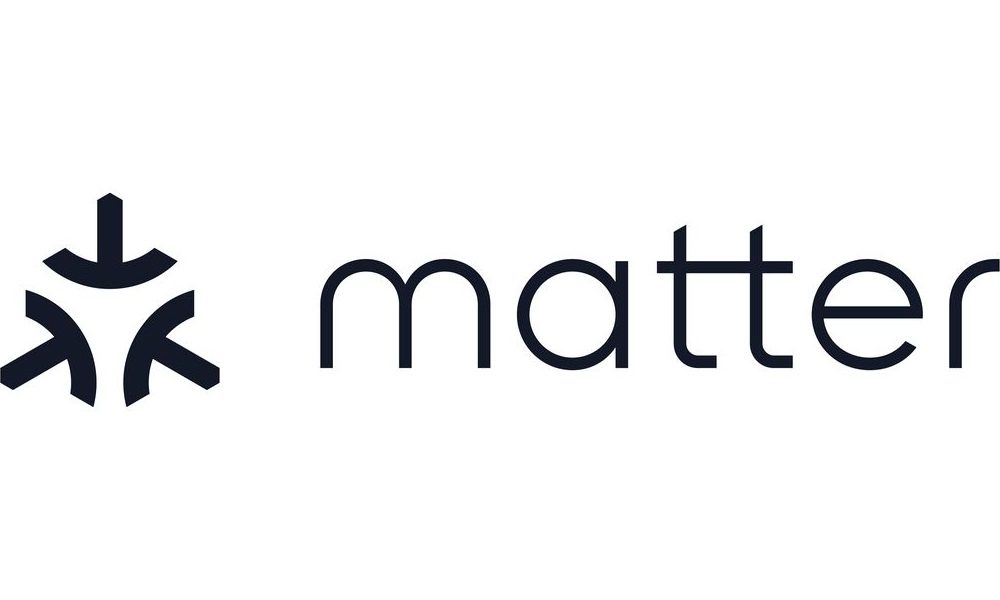The Connectivity Standards Alliance has released Matter 1.5, a major update that expands the smart home interoperability standard into several new device categories while advancing energy-management capabilities. The update introduces support for cameras, unified closures, soil sensors, and a broader set of energy data features, marking the next significant step in the Alliance’s effort to simplify development and strengthen cross-platform compatibility.
Matter 1.5 builds on two quality-focused updates earlier this year, Matter 1.4.1 and 1.4.2, which targeted improvements in testing, certification, and developer tooling. The new release restores the cadence of functional expansion, bringing several of the most requested device types into the specification.
Cameras Come to Matter
One of the most notable additions in Matter 1.5 is native support for cameras. The specification now allows developers to build and certify cameras that interoperate directly with Matter ecosystems using standard WebRTC technology. Supported capabilities include live video and audio streaming, two-way communication, STUN and TURN-based remote access, multi-stream configurations, pan-tilt-zoom controls, privacy zones, and options for local or cloud recording.
According to the Alliance, the goal is to enable consistent, secure interoperability without limiting manufacturers’ ability to differentiate through their own apps and services.
Unified Approach to Closures
Matter 1.5 also introduces a revised and unified model for closures, covering devices such as shades, drapes, awnings, gates, and garage doors. The modular cluster design allows device makers to represent different movement types and panel configurations using standardized building blocks. The Alliance says this simplifies development across a wide range of product types while enabling more consistent user experiences across ecosystems.
Soil Sensors and Smarter Water Use
The update expands Matter into garden and plant-care applications with new support for soil sensors. These devices can report moisture and temperature data and can be integrated with Matter-based water valves or irrigation systems. The goal is to enable more efficient, automated watering and provide consumers with better tools for managing indoor and outdoor plant health.
Expanded Energy Management
Matter 1.5 adds new features designed to help devices share and respond to real-time and forecasted energy pricing, tariffs, and grid carbon intensity. A new electrical energy tariff device type allows utilities, grid operators, and energy services to provide standardized energy data to the home.
Devices can then estimate true energy costs, adjust operation based on tariff schedules or carbon intensity, and incorporate data from distributed energy resources such as home solar systems. Enhanced smart metering support expands the ability to handle complex tariffs, track historical consumption, and communicate grid connection details or power limits.
Additional updates for electric vehicle charging make features such as state-of-charge reporting and bi-directional charging certifiable under Matter, aligning with upcoming regulatory requirements in several global markets.
Improved Data Transport
To support data-intensive use cases such as video streaming and faster firmware updates, Matter 1.5 adds full support for TCP transport and large message handling. The Alliance says this will enable higher performance, greater efficiency, and improved battery life for devices that rely on large datasets.
Ongoing Focus on Interoperability
According to the Alliance, each iteration of Matter is designed to reinforce the standard’s core goals: secure local control, reliable interoperability, and simplified development across brands and ecosystems. Matter 1.5 continues that trajectory by expanding device coverage while building on earlier quality improvements.
The Matter 1.5 specification, SDK, and test tools are now available to Alliance members. Device makers can begin exploring the new capabilities and planning for certification as ecosystems prepare to support the latest additions.






